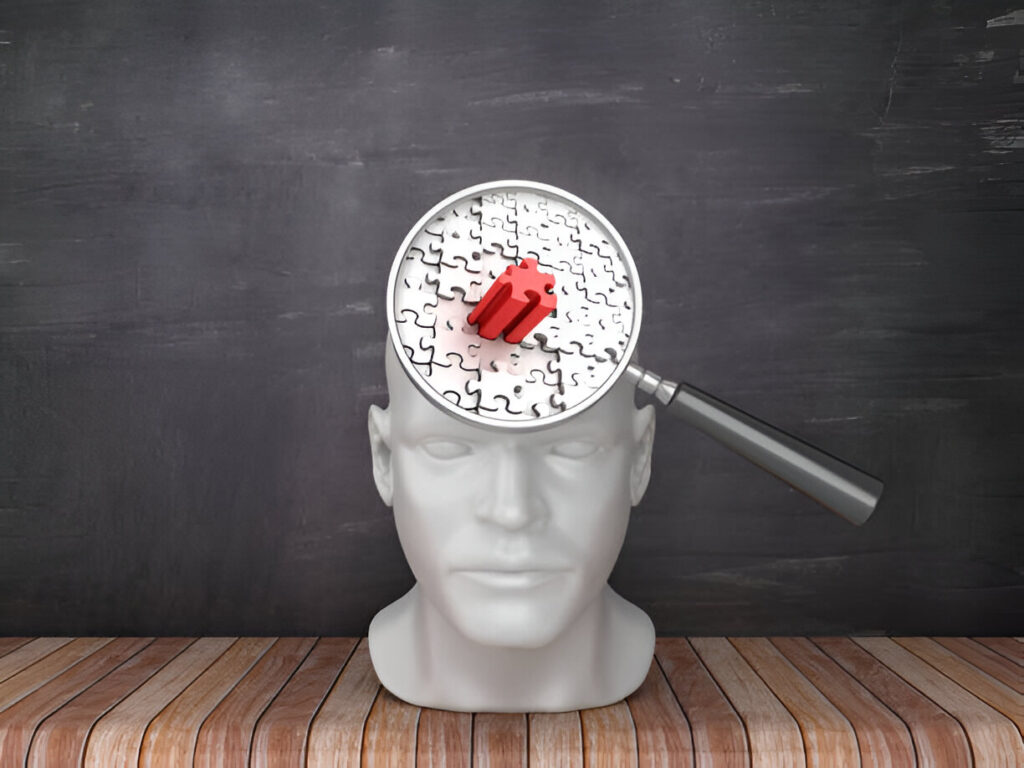One critical area of the brain that plays a significant role in addiction is the frontal lobe. This region is responsible for many high-level functions, such as decision-making, impulse control, and judgment. Disruptions in the frontal lobe’s functioning can significantly contribute to addictive behaviors. Understanding the role of the frontal lobe in addiction is crucial for developing addiction treatment strategies.
The frontal lobe, located at the front of the brain, is involved in a variety of essential functions. These include planning, reasoning, problem-solving, and controlling behavior and emotions. The prefrontal cortex (PFC), a part of the frontal lobe, is particularly important in regulating impulses and making decisions. This area helps individuals weigh the consequences of their actions and choose appropriate behaviors.
How Addiction Affects the Frontal Lobe
Addiction can cause significant changes in the brain, particularly in the frontal lobe. These changes affect how the brain processes rewards and controls impulses, leading to the compulsive behaviors characteristic of addiction.
Impulsivity and Risk-Taking
One of the key roles of the frontal lobe is to regulate impulsivity and risk-taking behavior. In individuals with addiction, the function of the frontal lobe is often impaired, leading to increased impulsivity and a higher likelihood of engaging in risky behaviors. This impairment makes it difficult for individuals to resist the urge to use substances, even when they are aware of the negative consequences.
Decision-Making and Judgment
The frontal lobe is also critical for making decisions and exercising judgment. Addiction alters the way the frontal lobe processes information, often leading to poor decision-making. Individuals with addiction may struggle to make rational choices and may prioritize immediate gratification over long-term benefits. This can perpetuate the cycle of addiction, as the brain increasingly prioritizes substance use over other important aspects of life.
Behavioral Control
Behavioral control, another function of the frontal lobe, is often compromised in individuals with addiction. This can manifest as an inability to control cravings and a tendency to engage in compulsive substance use. The weakened control over behavior contributes to the chronic nature of addiction and the difficulty many individuals face in achieving and maintaining sobriety.
Neuroplasticity and Addiction
The brain’s ability to change and adapt, known as neuroplasticity, plays a significant role in addiction. Chronic substance use can alter neural pathways in the frontal lobe, reinforcing addictive behaviors and making it challenging to break free from substance dependence. However, neuroplasticity also offers hope for recovery, as it indicates that the brain can rewire itself through appropriate addiction treatment and behavioral interventions.
Rewiring the Brain
Addiction treatment aims to leverage neuroplasticity to help individuals recover. Behavioral therapies, such as cognitive-behavioral therapy (CBT) and mindfulness-based interventions, can help rewire the brain by promoting healthier thought patterns and behaviors. These therapies encourage individuals to develop coping strategies and decision-making skills that counteract the maladaptive changes caused by addiction.
The Role of the Frontal Lobe in Relapse
Relapse is a common challenge in addiction recovery, and the frontal lobe plays a crucial role in this process. The impaired decision-making and impulse control associated with frontal lobe dysfunction can increase the risk of relapse, particularly in response to stress or exposure to triggers.
Stress and Relapse
Stress is a significant trigger for relapse, as it can exacerbate the deficits in impulse control and decision-making caused by frontal lobe dysfunction. Addiction treatment programs that incorporate stress management techniques, such as mindfulness and relaxation exercises, can help individuals develop resilience and reduce the likelihood of relapse.
Enhancing Frontal Lobe Function in Addiction Treatment
Given the critical role of the frontal lobe in addiction, enhancing its function is a key goal of addiction treatment. Various strategies can support the recovery and strengthening of frontal lobe function:
Cognitive-Behavioral Therapy
CBT is highly effective in improving frontal lobe function by teaching individuals to identify and change maladaptive thought patterns and behaviors. By enhancing cognitive control and decision-making skills, CBT helps individuals develop healthier habits and reduce the risk of relapse.
Mindfulness and Meditation
Mindfulness and meditation practices can improve attention, emotional regulation, and impulse control, all of which are mediated by the frontal lobe. These practices promote greater self-awareness and help individuals develop the ability to respond to cravings and triggers more effectively.
Nutritional Support
A healthy diet can support brain function and overall well-being. Nutritional interventions that provide essential vitamins and minerals can help repair the damage caused by substance abuse and support the brain’s healing process.

